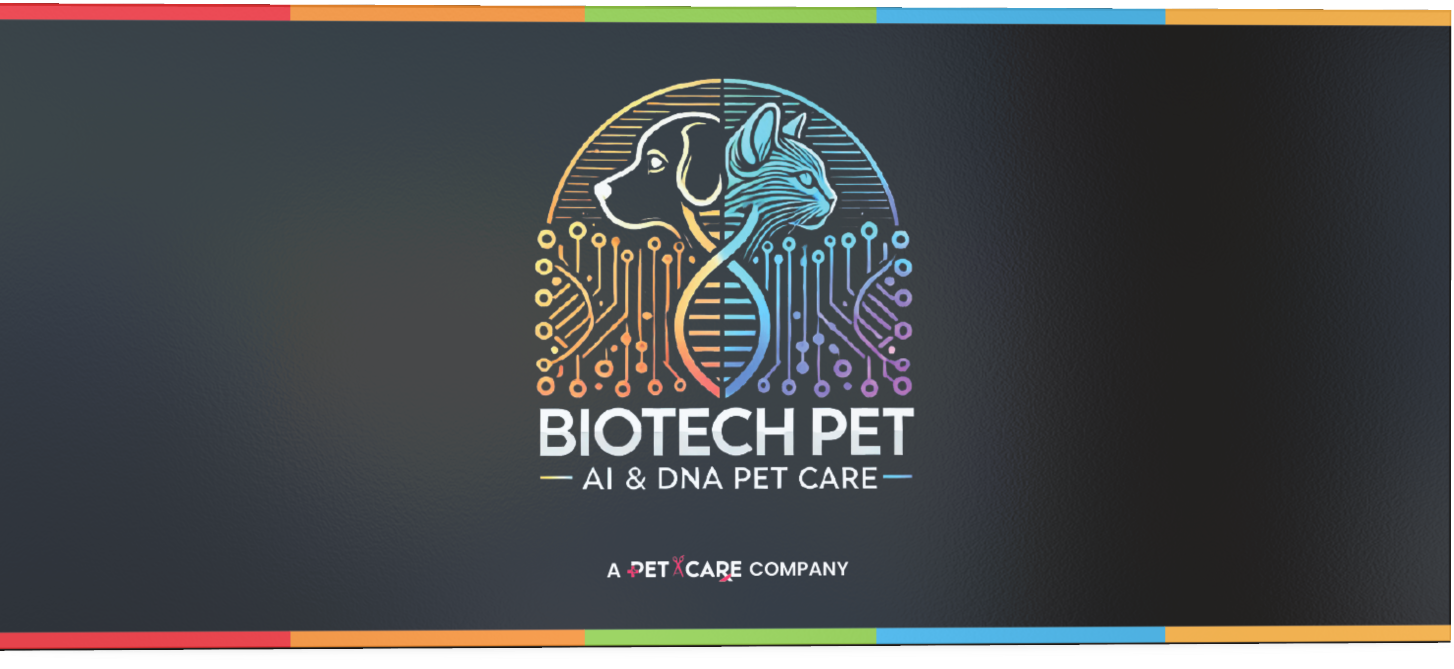In an era where technology is transforming every aspect of life, pet care is no exception. BioTech Pet is at the forefront of this revolution, leveraging noninvasive DNA identification to enhance pet safety, health, and well-being. Unlike traditional methods that may require blood draws or invasive procedures, this innovative approach uses simple saliva or fur samples to unlock a wealth of genetic information. From preventing lost pets to detecting hereditary diseases, noninvasive DNA technology is changing the game for pet owners and veterinarians alike.
The Science Behind Noninvasive DNA Collection
Noninvasive DNA collection is a breakthrough in veterinary biotechnology, eliminating the need for stressful and sometimes painful procedures. Instead of drawing blood, pet owners can collect samples at home using cheek swabs or by gathering a few strands of fur. These samples contain enough genetic material to analyze a pet’s unique DNA profile. Advanced sequencing technologies then decode this information, providing insights into breed composition, potential health risks, and even behavioral traits. This method is not only safer and more comfortable for pets but also more convenient for owners.

How DNA Identification Enhances Pet Safety
One of the most critical applications of noninvasive DNA identification is in pet safety. Microchips and tags can be lost or removed, but a pet’s DNA is permanent and unalterable. Veterinary clinics, shelters, and pet recovery services can use DNA databases to identify lost or stolen pets with near-perfect accuracy. If a missing pet is found, a simple DNA test can confirm its identity, ensuring a swift and secure reunion with its owner. This technology is particularly valuable for purebred pets, which are often targeted by thieves due to their high market value.
Preventing Pet Theft and Fraud with Genetic Profiling
Pet theft is a growing concern, especially for high-value breeds. Noninvasive DNA identification acts as a powerful deterrent against theft and fraud. By registering a pet’s DNA in a secure database, owners create an irrefutable proof of ownership. Breeders can also use this technology to verify pedigrees, preventing scams where mixed-breed animals are sold as purebred. In legal disputes or insurance claims, DNA evidence provides undeniable confirmation of a pet’s identity, making it harder for thieves to profit from stolen animals.
Early Detection of Genetic Health Risks
Beyond identification, noninvasive DNA testing plays a crucial role in proactive pet healthcare. Many hereditary conditions, such as hip dysplasia, heart disease, and certain cancers, can be detected early through genetic screening. By analyzing a pet’s DNA, veterinarians can recommend preventive measures, specialized diets, or tailored exercise routines to mitigate risks. Early intervention not only improves a pet’s quality of life but also reduces long-term medical costs by avoiding advanced-stage treatments.

Personalized Nutrition Based on DNA Analysis
Just as humans have unique dietary needs, pets also benefit from personalized nutrition plans. DNA testing can reveal food sensitivities, metabolic traits, and breed-specific nutritional requirements. For example, some dogs may have a genetic predisposition to obesity, while others might need higher protein intake. BioTech Pet companies use this data to formulate customized meal plans, ensuring pets receive optimal nutrition for their genetic makeup. This approach helps prevent allergies, digestive issues, and weight-related health problems.
Behavioral Insights Through Genetic Markers
Understanding a pet’s behavior can be challenging, especially for new owners. DNA identification can shed light on innate behavioral traits linked to specific breeds or genetic markers. For instance, certain herding breeds may have a strong instinct to chase, while others might be more prone to anxiety. By recognizing these tendencies, owners can tailor training methods and create a more harmonious living environment. This knowledge is especially useful for adopting mixed-breed pets, where behavior may be less predictable.
Supporting Veterinary Care with DNA Data
Veterinarians are increasingly incorporating DNA analysis into routine check-ups. With a pet’s genetic profile on file, vets can make more informed decisions about vaccinations, medications, and surgical risks. Some breeds are more susceptible to adverse reactions to anesthesia, while others may metabolize drugs differently. Noninvasive DNA testing provides vets with this critical information, allowing for safer and more effective treatment plans. It also helps in diagnosing rare conditions that may not be apparent through standard exams.

Ethical Considerations and Data Privacy
While noninvasive DNA identification offers numerous benefits, it also raises ethical questions. Pet owners may worry about who has access to their pet’s genetic data and how it might be used. Reputable BioTech Pet companies prioritize data encryption and strict privacy policies to prevent misuse. Transparency about data storage and usage is essential to build trust. Additionally, there’s an ongoing debate about whether pet DNA should be used for breeding restrictions or insurance premium adjustments, highlighting the need for clear regulations.
The Future of Noninvasive Pet DNA Technology
The potential of noninvasive DNA identification in pet care is vast and still expanding. Researchers are exploring applications such as gene editing to eliminate hereditary diseases and AI-driven health predictions based on genetic trends. Another emerging area is microbiome analysis, which studies the bacteria in a pet’s gut to improve digestion and immunity. As technology advances, DNA testing could become as routine as vaccinations, offering a lifetime of personalized care for pets.